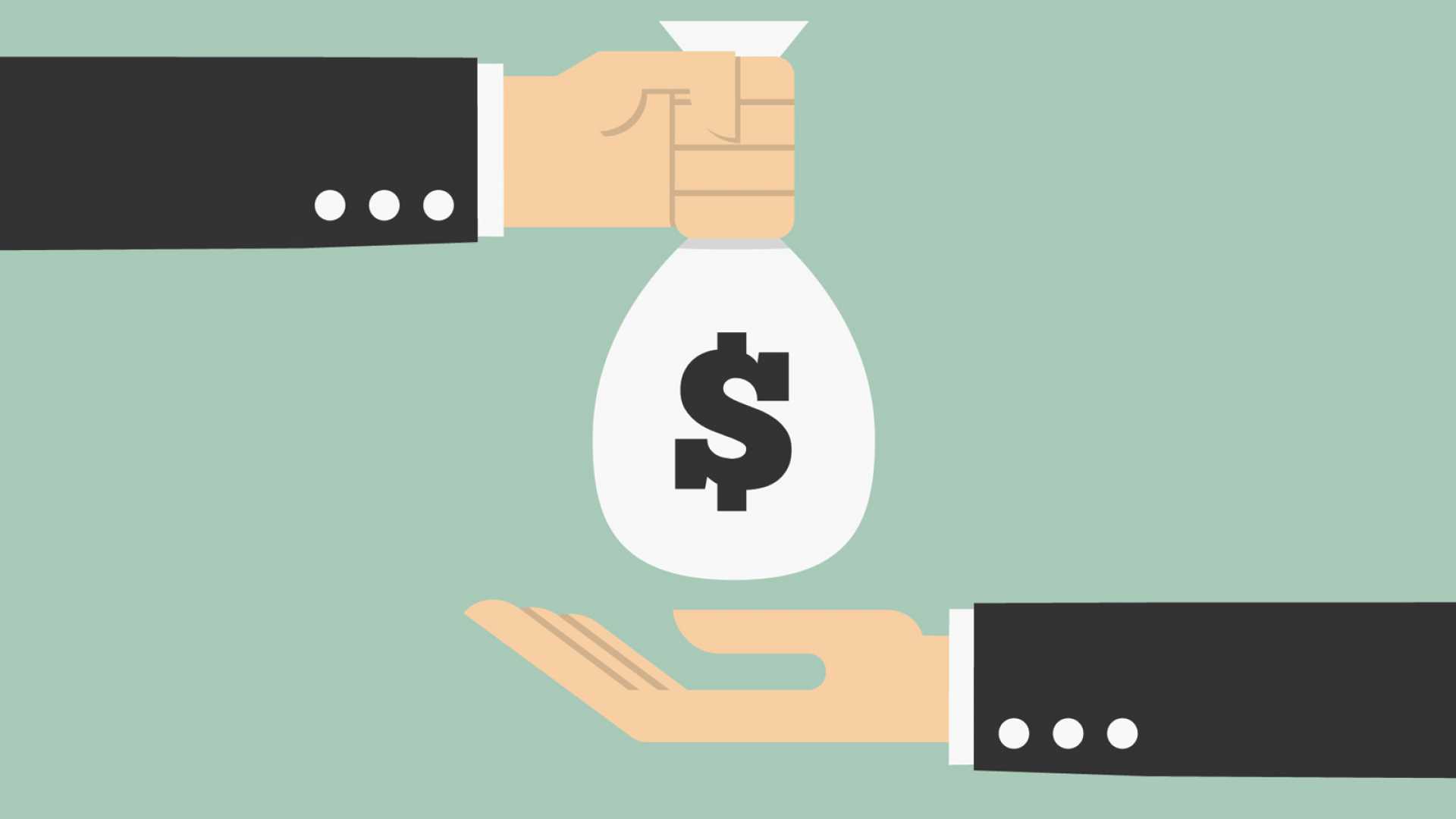Comprehending the Impact of Passion Prices on Home Loans for First-Time Buyers
Navigating the maze of home mortgage can be intimidating for novice buyers, specifically when passion prices play an essential function fit their economic journey. The option between adjustable-rate and set home loans brings significant consequences, influencing regular monthly budgets and lasting economic stability. As rate of interest rates change with economic shifts, comprehending their determination comes to be essential. However what strategies can these purchasers use to safeguard the most desirable terms? And how do these decisions straighten with personal financial goals and risk tolerance? Discover these questions to encourage your path to homeownership with confidence and insight.
Exactly How Rates Of Interest Are Identified
Rate of interest rates on home mortgage are identified by a complex interplay of financial variables and policies. The main driver is the monetary policy established by central banks, such as the Federal Book in the United States, which changes the federal funds rate to affect economic activity. When the main financial institution raises this price, borrowing comes to be much more costly, usually causing increased home mortgage passion rates. Alternatively, lowering the federal funds rate can make loaning more affordable, potentially reducing mortgage prices.
Another prominent factor is rising cost of living. Higher rising cost of living normally leads to greater rate of interest as lending institutions demand more return to counter the decreasing buying power of future settlements. Economic growth likewise plays an essential function; in durations of durable economic performance, need for debt increases, which can increase interest rates.
In addition, the bond market significantly affects home mortgage rates. Long-term rate of interest, consisting of those for mortgage, are closely linked to yields on government bonds. As bond yields increase, so do home mortgage rates, mirroring the enhanced price of lasting borrowing.

Sorts Of Rates Of Interest
Recognizing the different types of passion rates is integral to understanding exactly how home loans operate. A fixed interest rate continues to be consistent throughout the term of the financing.
On the other hand, a variable rates of interest, also called a flexible rate, changes gradually, commonly in action to modifications in a defined benchmark or index. These prices often begin less than taken care of prices, which can be appealing to new buyers. They involve the danger of raising over time, possibly resulting in greater overall costs if market rates increase. pre approval student loans.
In addition, some loan providers supply hybrid rates of interest, incorporating elements of both dealt with and variable rates. For example, an introductory duration with a set rate may be complied with by a variable rate. Recognizing these distinctions is critical for consumers to make educated choices that line up with their economic situations and run the risk of resistance, as each type offers special advantages and possible downsides.

Effect On Regular Monthly Settlements
Regular monthly settlements on mortgage are directly affected by the kind of rate of interest rate chosen, which can significantly affect a consumer's economic preparation. Fixed-rate home loans offer security, as the rate of interest rate remains the same over the funding's term, making sure that monthly repayments remain consistent. This predictability help in budget preparation, offering a clear financial image over the finance's duration. Alternatively, adjustable-rate home mortgages (ARMs) initially existing lower passion prices, which can bring about smaller preliminary settlements. Nevertheless, these rates go through variations based upon market problems after the first fixed duration, possibly increasing regular monthly commitments.
Fixed-rate loans shield versus market volatility, supplying tranquility of mind yet usually at a greater preliminary price compared to ARMs. On the other hand, ARMs could suit customers expecting income growth or those intending to sell before the price adjustment occurs, enabling them to capitalize on lower settlements.
Long-lasting Financial Effects
The option of interest rate kind for a home mortgage extends past immediate month-to-month payments, bring substantial long-term economic implications. A fixed-rate mortgage, as an example, supplies stability by securing passion prices throughout of the loan term, securing customers from future price Going Here increases. This predictability can assist in long-term monetary planning, allowing homeowners to forecast expenses without the threat of rising payments. Nevertheless, if market rates drop, customers with a fixed-rate home mortgage may lose out on possible cost savings unless they re-finance.
Conversely, an adjustable-rate mortgage (ARM) usually starts with a lower rates of interest, which can cause lower preliminary settlements. With time, nonetheless, the price can fluctuate based upon market conditions, possibly bring about greater payments. This variability introduces an element of uncertainty, which might influence financial security if rates raise dramatically.

Strategies for Handling Prices
Browsing rates of interest on home mortgage calls for tactical preparation to enhance monetary outcomes. New buyers need to take into consideration securing in rates of interest when they agree with, as this can shield them from potential price walks prior to their financing closing. Price locks commonly last between 30 to 60 days and offer a procedure of assurance in an often volatile market. Additionally, buyers could discover price cut points, which involve paying an upfront cost to safeguard a reduced rate of interest price. This can result in considerable cost savings over the loan's life expectancy, particularly if the buyer plans to remain in the home long-lasting.
An additional approach includes selecting the appropriate financing kind. Fixed-rate home loans offer security, shielding customers from future rate rises, while variable-rate mortgages (ARMs) might use lower first prices with the risk of future modifications. Purchasers ought to thoroughly assess their financial scenario and risk resistance when choosing in between these choices (pre approval student loans).
Lastly, keeping site link a solid credit score profile is important. A higher credit history can substantially boost arrangement power for more beneficial rates of interest. Routinely assessing credit rating records, addressing mistakes, and reducing impressive financial debt can improve general creditworthiness, thereby positioning buyers to secure one of the most beneficial prices available.
Final Thought
An extensive understanding of rate of interest on mortgage is necessary for first-time buyers to make informed decisions. Fixed-rate home mortgages use stability with predictable repayments, securing versus future price boosts, while variable-rate mortgages present preliminary financial savings with possible future price volatility. Examining the influence on monthly repayments and long-lasting financial health permits purchasers to straighten options with financial goals and take the chance of tolerance. Strategic administration of rates of interest can substantially influence homeownership success and economic well-being.
When the central financial institution increases this price, borrowing ends up being more pricey, often leading to enhanced home loan passion prices.In contrast, a variable passion rate, additionally known as a flexible rate, rises and fall over time, generally in action to modifications in a defined criteria or index.Additionally, some lending institutions supply hybrid passion rates, incorporating elements of both taken care of and variable prices - pre approval student loans. A fixed-rate home mortgage, for instance, offers security by locking in passion prices for the period of the lending term, securing borrowers from future price boosts. New homebuyers must consider locking in rate of interest rates when they are favorable, as this can shield them from possible price walks prior to their review lending closing